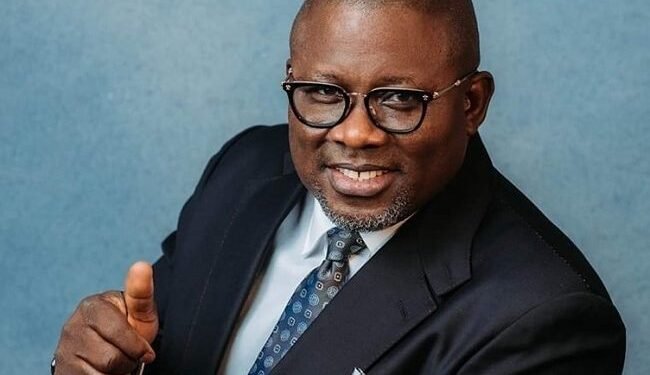“Don’t be afraid to celebrate a promise when kept. In doing so, you are embracing the potential for a better world.”
-
Unknown
Keeping promises is one of the hallmarks of a true leader; it indicates a strong sense of responsibility, and portrays him or her as a person that can be trusted and depended upon. Essentially, to be a promise keeper is doing what you say you will do. The leader who makes a habit of keeping his or her promises forges a stellar reputation for dependability, reliability, and trustworthiness. God is the perfect example in this regard. He says what He means, and means what He says. When the twelve spies returned from spying the land of Canaan, they reported to the congregation of Israel that the land “truly flows with milk and honey” just as the Lord had told Moses.
Leaders at all levels are required to follow God’s example and be persons of honour and integrity. In fact, that is what He expects from them because the scripture eloquently proclaims that “there is no authority except from God, and the authorities that exist are appointed by God.” Hence, parents are expected to keep their promises to their children, employers are expected to keep their promises to their employees, and political leaders are required to fulfill their promises to the electorate.
However, if we must be sincere to ourselves, governments all over the world often fail the integrity test when it comes to keeping their promises. This is particularly worse in developing countries where the struggle for power is driven by selfish ambition, crass opportunism, and mindless greed. The end justifies the means for these desperate power mongers who will readily promise heaven and earth to hoodwink the electorate into voting for them but only to renege on their promises once they get into power. Some of us still remember with disgust how the former President of Nigeria disowned the party manifesto upon which he rode to power.
The spectre of broken promises and unfulfilled dreams, exacerbated by the profligate lifestyle of some of those in leadership positions are the major reasons why there is a such a huge trust deficit between the government and the governed in Nigeria. There is such deep scepticism and cynicism among the populace that even when a sincere leader comes around, he is viewed with the same suspicion and disdain.
It is in this light that I find Governor Sheriff Oborewori’s first year in office quite compelling. I listened intently to his speeches at the Annual Praise Day and the commissioning of the ultra-modern High Court Complex in Asaba, and was fascinated that he kept emphasising the point that he is keeping his promises to the people and residents of Delta State. The Governor is correct in demanding that he be assessed based on the promises he made while campaigning for office. Just like you cannot claim a promise that God has not promised you in the Bible or through prophecy, you also cannot judge a political leader outside of what he promised to do if elected into office.
In this wise, I dare say that Oborevwori has acquitted himself creditably. Aside from completing all inherited projects as promised, he has also performed well on all indices of development. The strides the Governor has made in the public service are very encouraging. Some may not fully appreciate the impact of liquidating the outstanding promotion arrears to serving and retired civil servants, or helping the local governments to settle the thorny issue of pension liabilities, or fulfilling his promise to the judges to give them new vehicles. However, those directly involved know the importance of the Governor keeping his promises to them.
Those who try to belittle the governor’s achievements by pooh-poohing the completion of inherited projects are either irredeemably moronic or have allowed petty partisan considerations to becloud their sense of reasoning. As we can see at the federal level, President Tinubu is commissioning projects, which he completed but were started by previous administrations. There is just so much an administration can do in one year. In my book, Governor Oborevwori would become the hero of Delta State if he completes the Trans Warri-Ode Itsekiri Road (with nineteen bridges) and the Ughelli-Asaba road dualization, which were started sixteen and twenty years ago respectively.
I am excited that the Governor is fulfilling his promise of rebuilding Warri after what seemed to be years of neglect. I can only hope that the current momentum is sustained and that the contractor keeps to his own side of the bargain. I am eagerly looking forward to a new Warri when those three flyovers, Cloverleaf Interchange, and several inner-city roads are completed. It would certainly mark a new dawn for Warri, and some of us cannot wait to see the oil city regain its pride of place in the federation. Politics and sentiments aside, I think Governor Oborevwori is on the right track and, if he sustains the current trajectory, will possibly end up being the most successful Governor of the state despite the mountain of criticisms that seem to trail his every move.
ABOUT THE AUTHOR
Fred Akporuno writes from Warri










